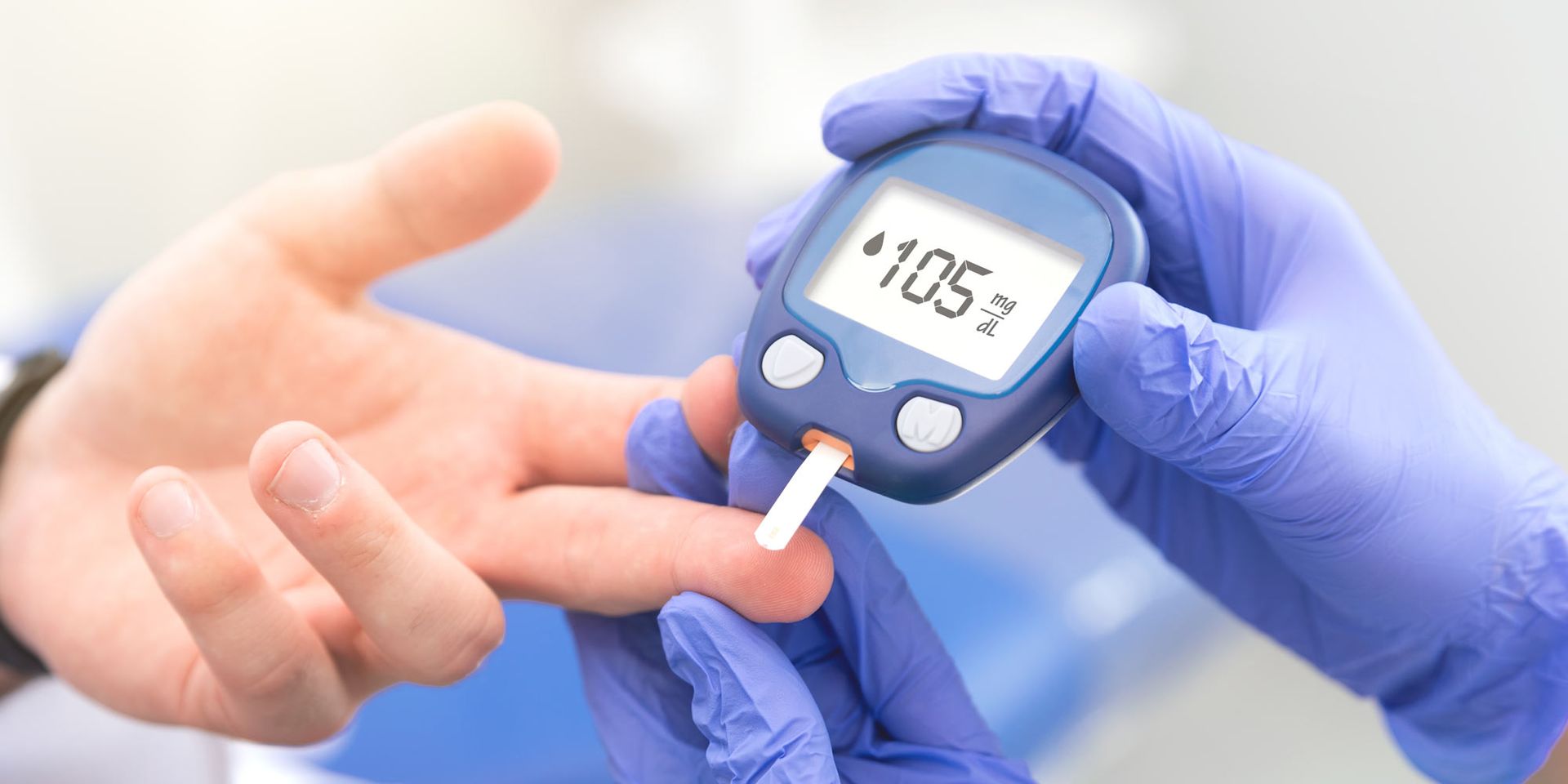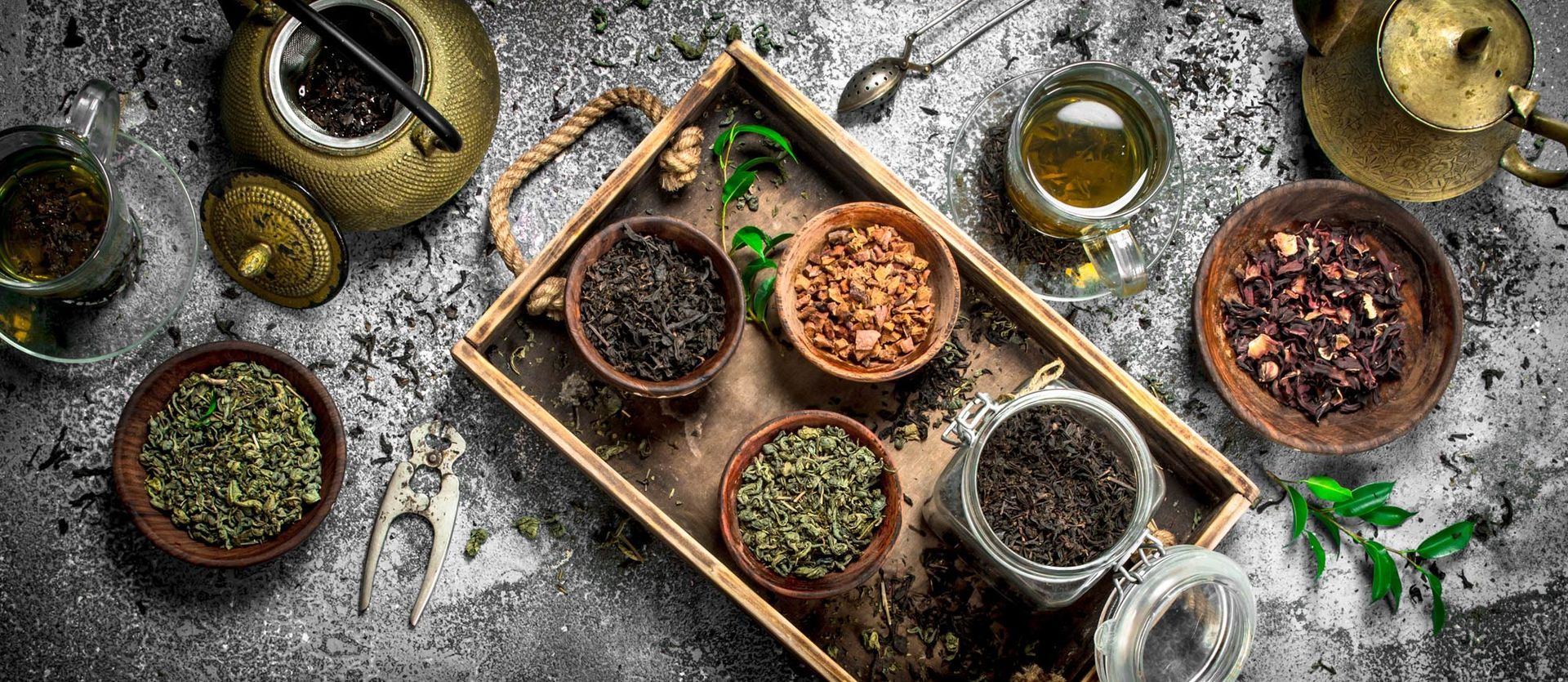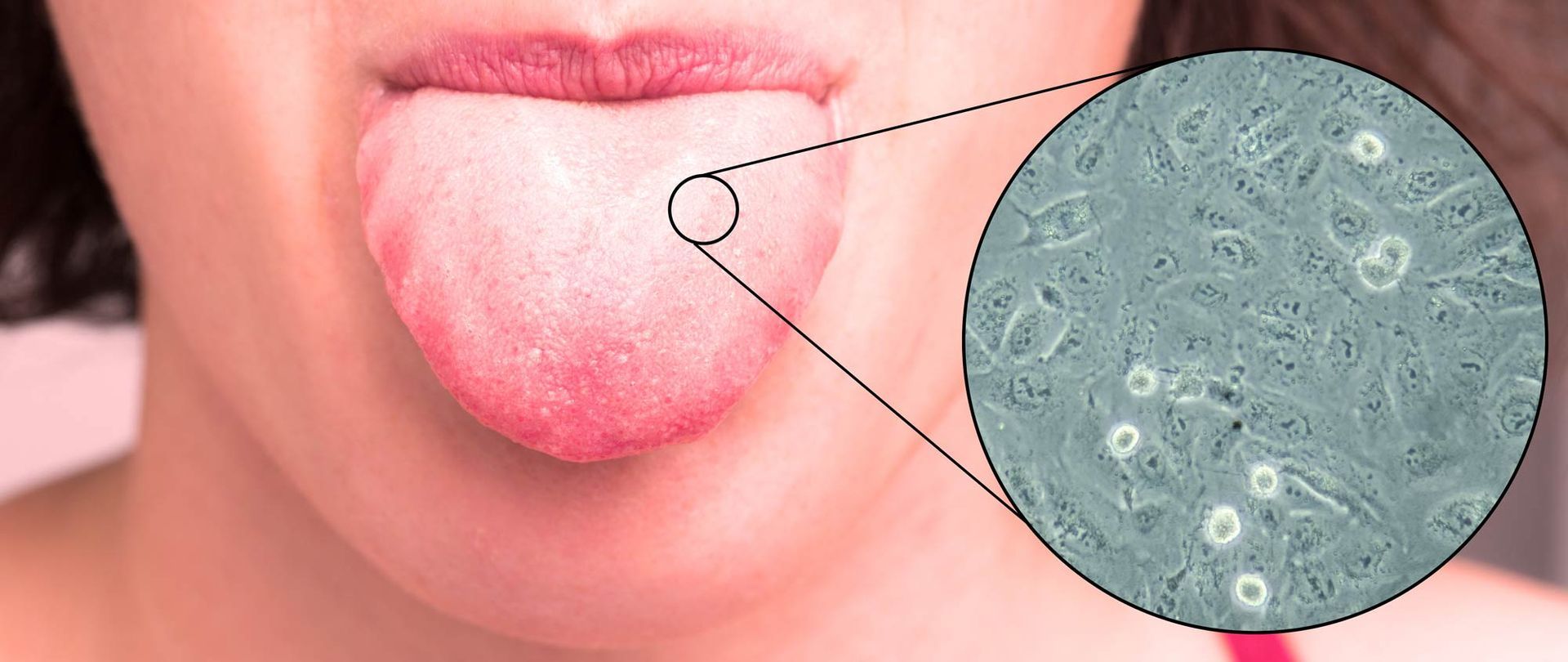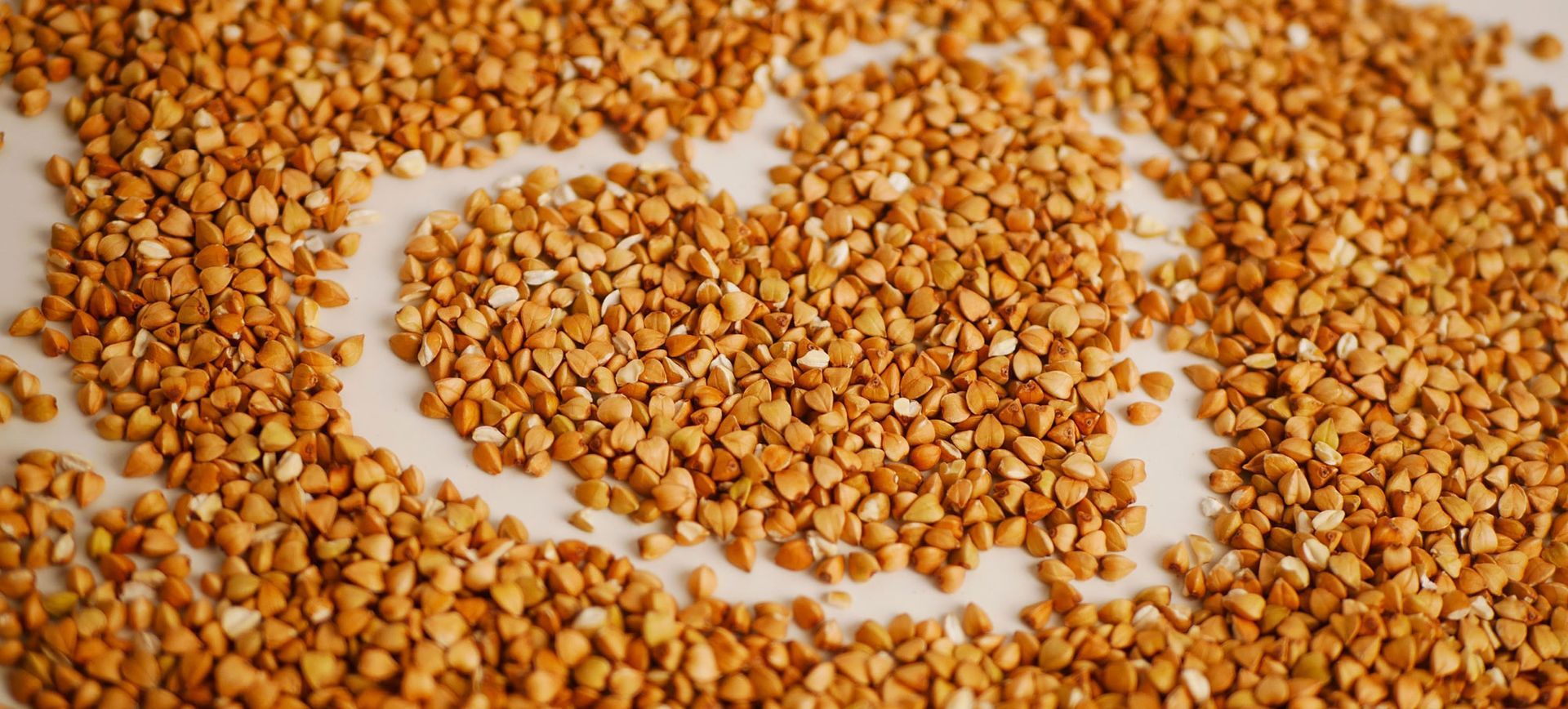Healing Arts NYC - Manhattan's Premier Integrative Health and Wellness Center - Dr. Alicia Armitstead
(866) 585-5999
Blood Sugar Control with These Superfoods
Maintaining healthy blood sugar levels is important for both diabetics and non-diabetics alike because balanced glucose levels help ensure that the body functions optimally.
-Dr. Alicia Armitstead
Maintaining healthy blood sugar levels is important for both diabetics and non-diabetics alike because balanced glucose levels help ensure that the body functions optimally. For non-diabetics, healthy blood sugar levels contribute to a host of benefits:
Energy Stability: Proper blood sugar regulation helps maintain steady energy levels throughout the day, reducing the incidence of crashes and spikes that can lead to feelings of fatigue or irritability.
- Weight Management: Consistent blood sugar levels can help regulate appetite and prevent overeating, as drastic fluctuations can lead to increased hunger and cravings, particularly for sugary or high-carbohydrate foods.
- Mood Regulation: Blood sugar imbalances can cause mood swings. Stable levels help promote better mood and mental health.
- Reduces Risk of Developing Diabetes: Keeping blood sugar in a healthy range can reduce the risk of developing type 2 diabetes and its associated complications.
- Cardiovascular Health: High blood sugar levels can damage blood vessels and nerves, leading to cardiovascular problems. Healthy levels help protect the heart and blood vessels.
- Improved Focus and Cognitive Function: Glucose is the brain's primary energy source, so stable blood sugar supports cognitive functions such as memory, learning, and concentration.
- Reduction in Inflammation: Chronic high blood sugar can lead to increased inflammation in the body, which is associated with various diseases. Maintaining healthy levels can, therefore, help reduce chronic inflammation.
- Longevity: Maintaining a healthy blood sugar level can contribute to a longer, healthier life by reducing the risks of many chronic illnesses.
For non-diabetics, keeping blood sugar levels healthy is generally a matter of a balanced diet that includes complex carbohydrates, fiber, lean protein, healthy fats, regular physical activity, adequate sleep, and stress management. It's also important for non-diabetics to have regular check-ups to monitor their blood sugar levels, particularly if they have risk factors for diabetes.
If you are trying to get your blood sugar under control, or maybe you know you've been doing too much quarantine snacking and what you eat needs a makeover, instead of concentrating on what not to eat, let's focus on what to add to your diet, to help with blood sugar levels and inflammation.
Inflammation is the root cause of high blood sugar levels. It can be caused by overeating sugar, chronically high-stress levels, pain in the body, and obesity. We don't want chronic inflammation to turn into anything, but it is tricky to deal with. The problem is that chronic inflammation is often "invisible" since it does not show telltale physical signs the way acute inflammation does, like when you sprain your ankle.
So, how can you prevent or reduce inflammation you cannot necessarily see or feel? The only way to detect chronic inflammation is to have your doctor evaluate you. They will review your symptoms, perform blood work, and perform a physical exam. At Healing Arts, we use muscle testing to identify chronic inflammation and suggest specific lifestyle changes to our patients.
Otherwise, the best approach is to prevent conditions related to chronic inflammation. It goes back to the basics: maintaining a healthy weight, choosing a good diet, mindfulness, getting plenty of sleep, meditation, and exercising regularly, which are also steps to treat diabetes. So whether you are preventing diabetes, getting insulin resistance under control, trying to reverse pre-diabetes, or treating diabetes, your goals are the same.
Even though these are essential steps, they can be overwhelming, so start with just one change. Once that feels doable, begin with another change and go from there. When trying to control your blood sugar, add these foods to your diet to help. Food can indeed be medicine, and it can help you heal.
- Extra virgin olive oil offers an excellent taste and monounsaturated fat that is type 2 diabetes-friendly. "Extra virgin" means the oil is minimally processed, protecting its 30 antioxidant and anti-inflammatory plant compounds. Drizzle it on salads and sauté meat and veggies.
- Kale. This is one of the healthiest vegetables. One cup delivers 206% of your daily requirement for vitamin A, 134% of your vitamin C requirement, and 684% of your recommended intake of vitamin K. It's also a top source of lutein and zeaxanthin, which may help prevent eye issues that are common with type 2 diabetic patients. Add chopped kale to soups and salads, or juice it. You can also tear the leaves into 2-inch pieces, spritz with olive oil, and bake until crisp for a bowlful of kale chips. However, if you have a thyroid condition, do not eat kale.
- Nuts. Yes, they're high in calories, but these are calories well-spent. Most kinds have about 170 calories per ounce and heart-healthy monounsaturated fats, protein, and fiber. Nuts can help stabilize blood sugar. Reach for a small handful of nuts instead of potato chips. Sprinkle them on oatmeal, yogurt, or salads for added crunch.
- Salmon. Rich in omega-3 fatty acids, fatty fish such as salmon may protect against chronic inflammation and diseases related to chronic inflammation, including type 2 diabetes and pre-diabetes. I recommend eating omega-3-rich fish only once a week because of the risk of mercury toxicity. To get real health benefits from omega-3 fatty acids, it's best to get them in supplement form from a supplement company testing for mercury to make sure the omega-3 is safe.
- Cinnamon. It is a spice that will lower blood sugar and tastes great to add to your diet. Sprinkle on top of baked sweet potatoes, oatmeal, or anything else you want. For more info on other healing abilities of cinnamon, read here.
- Broccoli is a beneficial vegetable from the cauliflower family. It contains a high quantity of sulforaphane, which helps regulate blood sugar and calm blood pressure. Apart from being an anti-diabetic vegetable, broccoli also helps detoxify the body.
- Buckwheat. The dietary fiber and resistant starches in buckwheat make it a superfood for people with diabetes. Since it takes the body longer to break down the complex carbohydrates, blood sugar levels rise evenly, preventing drastic spikes in blood sugar. There is also a compound in buckwheat groats called D-chiro-inositol, which helps to lower elevated glucose levels. Buckwheat is also anti-inflammatory because of the rutin it contains, which is an antioxidant. Antioxidants can help protect the body from damage caused by free radicals, which can cause oxidative stress and form inflammation, affecting blood sugar levels and triggering various diseases. Buckwheat is usually found as raw "buckwheat groats" or in flour. Both are highly nutritious staples to keep in your kitchen since they can be used in numerous ways. Adding cooked groats to stews, soups, or salads is easy. Have a bowl of buckwheat for breakfast instead of oatmeal, and use buckwheat flour in muffins and breads. Buckwheat pancakes are one of my favorites!
Maintaining healthy blood sugar levels helps ensure steady energy and mood stability and reduces the risk of chronic health conditions like type 2 diabetes and cardiovascular diseases. It involves a balanced diet, regular exercise, proper sleep, and stress management.
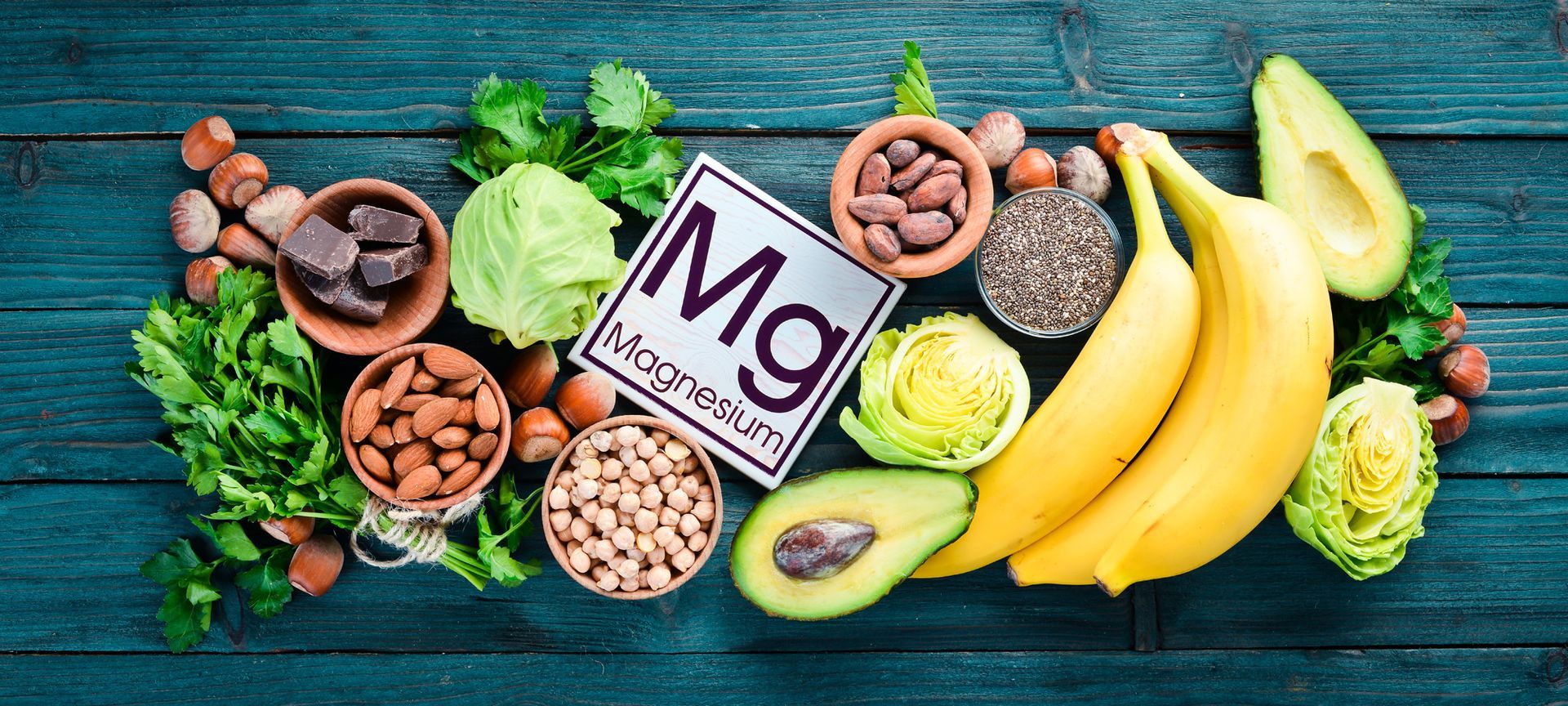


Click on a button to go a map.
315 Madison Ave Suite 2101 New York, NY 10017
25 Sylvan Rd. S. Suite B. Westport, CT 06825
42 Kilman’s Point Rd. Branford, CT 06450
Click on s button to go a map.
315 Madison Ave Suite 2101 New York, NY 10017
25 Sylvan Rd. S. Suite B. Westport, CT 06825
42 Kilman’s Point Rd. Branford, CT 06450
Healing Arts does not provide medical services. Suggested nutritional programs are not intended as a treatment for any disease. Our advice is not intended to diagnose, treat, cure, or prevent any disease or condition. ©2021 Healing Arts NYC. All rights reserved. Art Licensed by Shutterstock©

